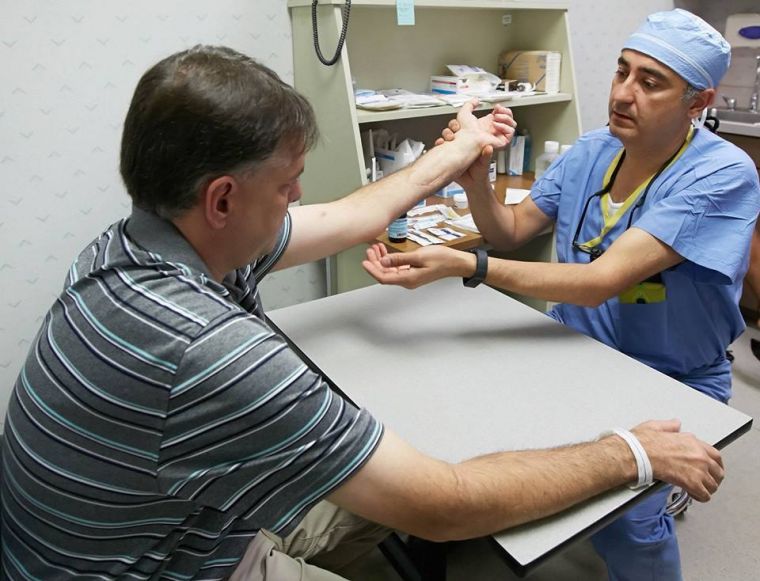Presumed consent for organ donation short-circuits conversations about death
Every year around 450 people die while waiting for an organ transplant. Anyone who has friends or relatives who are waiting for an organ knows the heartbreak of that wait, hoping to hear that one has become available. When it does, the new life that comes from another person's gift in death can be beautiful. It can be resurrection.
To reduce the number of people waiting for this new life, the government has proposed to change the current 'opt-in' system of organ donation to an 'opt-out' one where your willingness to donate is 'presumed' unless you've said otherwise.

A very hard statistic is that two thirds of the population are willing to donate organs but only one third are on the register, according to research for the British Medical Association. The change is intended to close this gap.
Gifting your organs to another who needs them after your death is a generous act for those who want to do so – but there are also valid and good reasons why people prefer not to. I personally joined the register because when my life is over I want to gift my body, which was gifted to me, to enable another to continue living. But there are serious concerns about changing what consent means, and taking what ought to be freely given, if given at all. We should be attentive to the risks of the state claiming the right to people's bodies by default, even if safeguards are put in place. 'What works' is not a moral absolute.
But a Christian response has more to offer to this debate, because underlying discussions about consent to organ donation is our underlying unease with talking about death at all. The situation of families in cases of organ donation where a potential donor's intentions are not clear reveals the huge difficulty there is in making big decisions in the midst of grief – and this remains where consent has been changed.
The Welsh 'soft opt-out' system allows families to say if there was an unregistered objection, and for donation not to proceed if to do so would cause distress. In 2016-17 in Wales there were 21 cases where families either overrode their relative's decisions to donate organs, or did not support the presumed consent. Questions of intention, consent, and what happens to our bodies when we die are not solved by a change like the one being proposed.
A Christian response to this might begin by remembering that Christians have good news to offer by being willing to talk about death. Of course, for Christians death is still painful, and dark, and awful, and I wouldn't suggest otherwise – just read Job, or Lamentations, or Jesus' grief at the death of Lazarus. But Christians also believe Christ went through death and triumphed over it, and offers life beyond death. This means we can face death with hope, knowing the sting has been drawn, its ultimate power broken.
Facing death means being willing to talk about it. It's not just Christians who are realising the need to talk more openly about death: the growth of 'death cafes' to drink tea, eat cake and talk about death suggests a there is a widespread desire to have these difficult conversations, if we can break the silence to start them. As Christians who believe in the broken power of death, we ought to be in a position to have these conversations and help others to do so. The Church of England has produced some helpful resources for doing just that.
Whether Christians decide to support or reject a change to an 'opt-out' system, perhaps telling those who are close to us our intentions for organ donation is another way of starting that conversation about what happens to us after death.
We have good news about that, after all.
Joshua Harris is training in Cambridge for ordination in the Church of England. Follow him on Twitter at @WestminsterJosh











